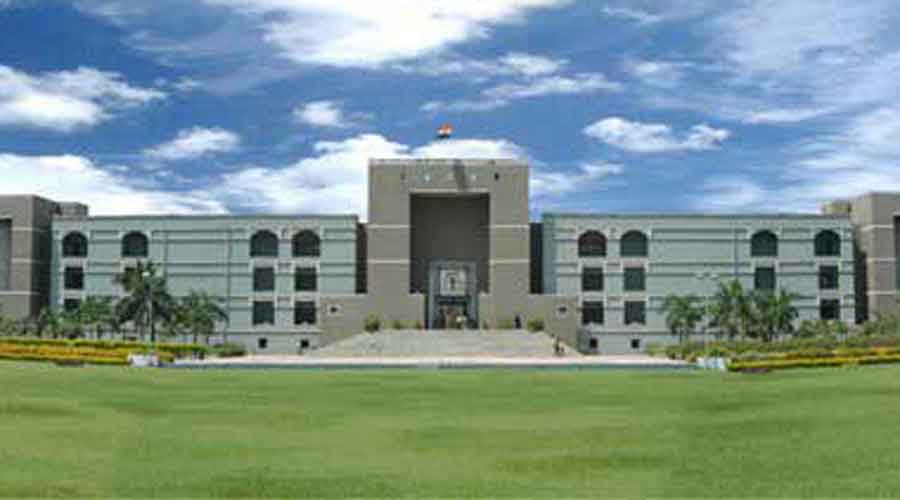Gujarat High Court Emphasizes Advocacy Over Mere Reading of Petitions

Court Rebukes Advocate for Insisting on Reading Entire Petition
In a recent development, the Gujarat High Court reprimanded an advocate for his practice of simply reading out a petition in court and demanding that the entire document be perused by the judges.
Judicial Time Deemed Wasted on Mere Reading
A division bench, comprising Chief Justice Sunita Agarwal and Justice Aniruddha Mayee, criticized this approach as a “criminal waste of judicial time.” The judges stressed that lawyers should engage in active advocacy rather than relying solely on reading verbatim from the petition.
Advocate’s Defense and Court’s Response
The advocate defended his stance, asserting that courts exist to deliver justice and should not bypass a thorough reading of petitions. Chief Justice Agarwal cautioned against taking undue liberties and insisted that the court was well aware of its role in delivering justice.
Adjournment with a Clear Directive
The court adjourned the hearing to September 8, issuing a clear directive to the advocate to present arguments instead of reading from the petition.
Case Background
The case at hand concerns the acquisition of land in July 1987. The petitioners, who were landowners, expressed dissatisfaction with the compensation awarded by the acquisition authorities.
Court’s Query and Advocate’s Response
The court inquired whether the petitioner’s counsel could provide acquisition notifications to clarify whether the petitioners’ lands were initially part of the acquisition proceedings. However, the advocate requested the court’s patience and opted to read from the documents in the petition.
Request for Recusal
During the hearing, the counsel also sought leave to file an application for recusal, leading to an exchange with Chief Justice Agarwal. However, the Chief Justice clarified her intention to continue presiding over the case.
Two Approaches to Arguing the Case
The advocate proposed “two methods of arguing” the case, one involving pointing out aspects of the petition and the other consisting of reading the entire document to explain the issues. The bench firmly rejected the latter approach, emphasizing the counsel’s responsibility to argue effectively.
Court’s Final Word
The Gujarat High Court made it abundantly clear that it would not permit the counsel to read the entire petition in court. Instead, they encouraged the lawyer to argue the case in the manner expected of legal counsel. The court requested that the advocate return for the next hearing fully prepared to present arguments, rather than relying on reading from the petition.